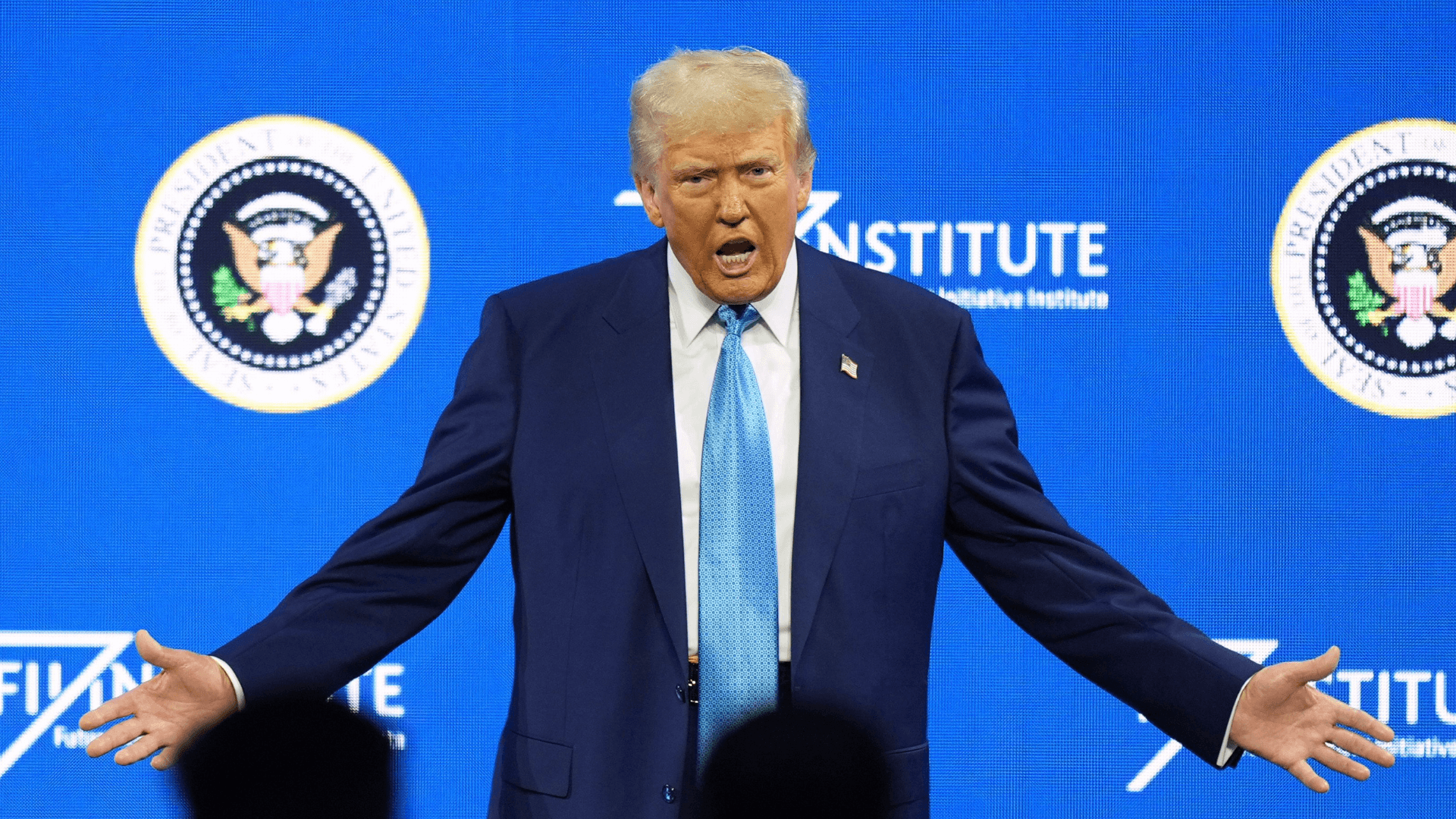Roque: Minimal trade deficit shields Philippines from Trump's tariffs

The Philippines is not worried about United States (US) President Donald Trump’s looming reciprocal tariffs on several countries, given its minimal trade deficit with American goods, according to Trade Secretary Cristina Roque.
While she admitted that the government is still awaiting more information about the matter, Roque said it appears to be “business as usual” for the Philippines.
“We feel that we will not be affected. We’re allies, and also, our trade deficit with them is very minimal,” Roque told reporters on Thursday, March 27.
“So, it’s not something that we can worry about for now. So, we’ll just continue what we’re doing,” she added.
Based on reports, the US government is imposing reciprocal tariffs on countries with substantial trade deficits—essentially, those who sell more goods to the US than buy from it.
Since returning to the White House, President Trump has announced several tariffs poised to stamp down on “unfair” tariffs imposed on the US and boost its manufacturing sector.
According to the Office of the US Trade Representative (USTR), the trading partners evaluated for trade deficits include Canada, Mexico, Brazil, the European Union (EU), Switzerland, Turkey, South Africa, India, China, Japan, South Korea, and Taiwan.
Also included are four Southeast Asian economies: Indonesia, Malaysia, Thailand, and Vietnam.
According to data on the USTR’s website, American goods trade with the Philippines was $23.5 billion in 2024, with a US trade deficit of $4.9 billion.
US exports to the Philippines totaled $9.3 billion last year, while imports from the Philippines totaled $14.2 billion.
With a trade situation that appears to maintain its normal level, the Department of Trade and Industry (DTI) is eyeing more substantial growth through its long-running partnership with the US.
Roque said she already has a meeting scheduled with her American counterpart, US Secretary of Commerce Howard Lutnick, to facilitate a stronger collaboration between the two nations.
She added that the DTI is intent on performing its mandate to catalyze economic growth despite geopolitical uncertainties and political concerns in the country.
“For us, we continue to go out there. We just came from Japan; we just came from the US. And we’re just focused on our work,” she explained.